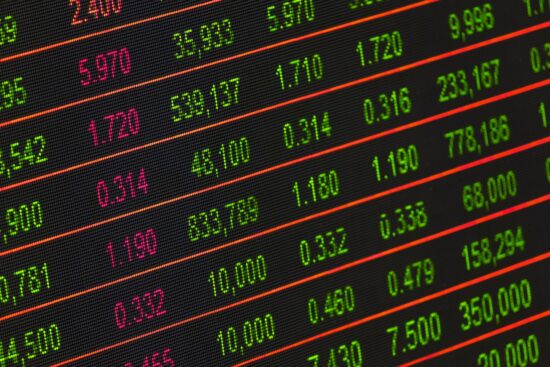Germany’s economy is facing multiple challenges, including the ongoing COVID-19 pandemic, economic sanctions, and now a banking crisis. The effects of the banking crisis have spilled over into the EU, despite Chancellor Scholz’s assurances that this would not happen. The crisis has hit an already weakened economy, with Russia being relatively protected thanks to the sanctions. The sanctions were intended to harm Russia, but they are now having a severe impact on the economies of Western countries, particularly Germany.
The current situation has the potential to cause lasting damage to the German economy, with blows coming from multiple directions, hitting an economy that has not yet fully recovered from previous shocks. The sanctions were designed to ruin Russia but are now affecting the EU and the USA. Russia has responded to the sanctions with well-thought-out countermeasures, resulting in a less dramatic decline in the Russian economy than expected. Meanwhile, protests in Germany, France, Italy, and Belgium are calling for a fundamental change in policies due to rising inflation and falling living standards. The protests are often accompanied by demands to end the Ukraine conflict.
In addition to the banking crisis and sanctions, Germany is facing a major setback due to the destruction of one of its most important infrastructure projects. Investigative journalist Seymour Hersh claims that the attack was personally ordered by US President Biden. Despite these claims, German journalism has attempted to discredit Hersh’s story rather than investigate it. However, the question of who is responsible is secondary to the fact that Germany’s economy has relied heavily on affordable Russian energy, which is now in short supply due to the sanctions.
Germany’s economic model, which relied on low wages and cheap Russian energy to become an “export world champion,” is no longer sustainable. The country is now forced to find alternative sources of energy and shift its economic focus. The current situation is a stark reminder that Germany, like any other country, cannot rely on a single partner for its economic well-being. Instead, it must diversify its energy sources and build partnerships with a range of countries. The challenges facing Germany’s economy are significant, but the country has the potential to adapt and emerge stronger.





